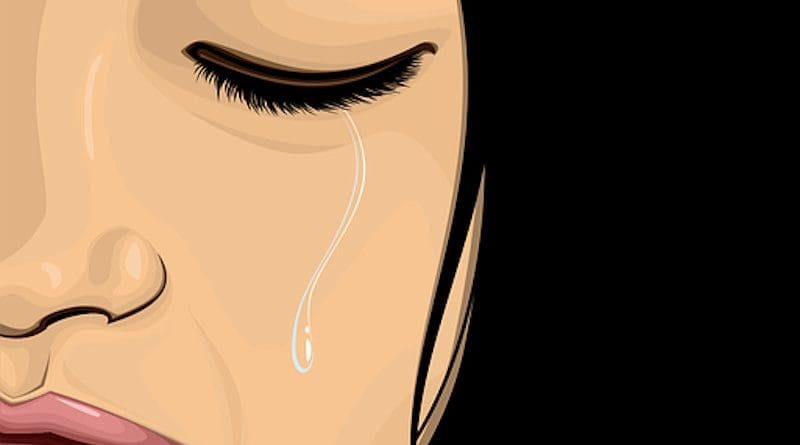Aroun 13% Of Polish Parents May Regret Having Children
An analysis of Polish parents between the ages of 18 and 40 suggests that about 13 percent regret having children, and this regret is associated with poor psychological health, among other factors. Konrad Piotrowski of SWPS University in Pozna, Poland, presents these findings in the open-access journal PLOS ONE .
Prior studies have suggested that up to 8 percent of parents in the U.S. and Germany regret having children. Other studies of small groups of parents have explored factors linked to parental regret. However, research that examines such factors in larger samples that are representative of entire populations has been lacking.
To address this lack, Piotrowski studied 1,175 Polish parents between the ages of 18 and 40 who were representative of the demographics of Poland’s general population. He also analyzed 1,280 parents between 18 and 30 in order to expand on findings from the first group. All parents were asked whether they would make the same decision to have kids if they could go back in time. They also answered questions pertaining to psychological, social, and demographic characteristics.
The analysis found that about 13.6 percent of parents in the first group and 10.7 percent in the second group regretted having children. Results from both groups linked this regret to poorer psychological and physical health, greater vulnerability to social pressures, more adverse experiences in one’s own childhood, strong parental identity crisis, and parental burnout.
Associations were also found between parental regret and financial status, marital status, and having offspring with special needs.
The author notes that parents who regretted having children came from a variety of demographic backgrounds, highlighting the importance of the identified associations. However, these associations do not necessarily imply a particular direction for cause-and-effect; future work could explore the causes of parental regret and deepen understanding by, for instance, capturing different degrees of regret or how it might influence child development.
Overall, the findings suggest that parental regret is a significant social and psychological issue that could be addressed by policymakers and public health efforts to prevent it and provide support to those experiencing it.
The authors add: “We found that parents who regret having children are more likely to have a traumatic childhood marked by violence and rejection, have higher levels of depressive and anxiety symptoms, are sensitive to social evaluation and criticism, and experience severe parental burnout. Parenting regret is also associated with financial situation and marital status: financial problems and single parenthood significantly increase the likelihood that a parent will regret their decision to have a child.”

